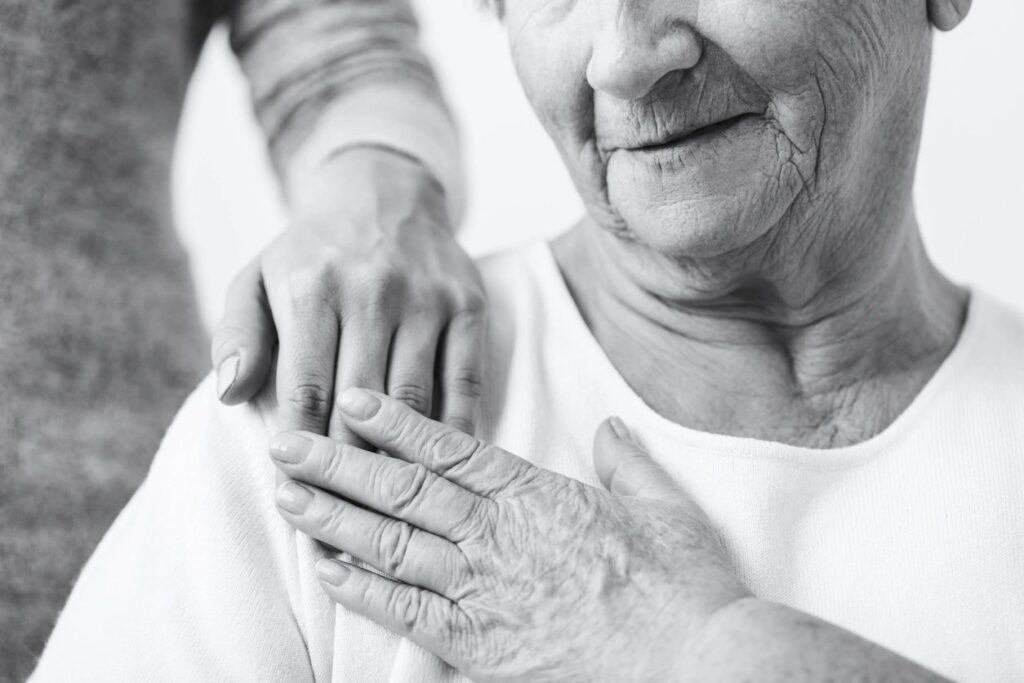Posts Tagged ‘Depression’
What Do Loneliness and Living Alone Mean for Health Later in Life?
We all know what “loneliness” means, but defining it in a precise way gets a little tricky. For starters, being lonely isn’t exactly the same as being alone. And loneliness isn’t quite the same as social isolation either. When you get down to it, loneliness is about how you feel. Psychologists talk about two kinds…
Read MoreAbsolutist Language Can Predict Anxiety, Depression and Suicidal Ideation
The internet has given psychologists new opportunities to study subtle differences in the way people use language, and whether those differences can predict which people are most at risk for mental health conditions. Last year, for example, researchers found that the language in people’s Facebook posts could predict their depression risk. In that study, language…
Read MoreQuitting Smoking Can Set Off a Chain Reaction of Positive Mental Health Changes
There are obvious physical health benefits that come with giving up tobacco, but it turns out there are some mental health benefits too. Researchers have consistently found a link between quitting smoking and positive mental health outcomes. For example, a meta-analysis of 26 studies published in 2014 found that smoking cessation was associated with lower…
Read More“Popular” Teens May Be Lonelier
Along with the changes of adolescence comes an increased desire to be “popular.” But teenagers who aspire to high levels of social prestige might want to be careful what they wish for. A new study from researchers at the University of Michigan suggests that, paradoxically, popularity and loneliness tend to go together in adolescence. In…
Read More3 Factors That Predict Depression Onset in College
College presents all sorts of new challenges for young adults, and those are compounded when mental health conditions like depression enter the picture. Providing resources early on for college students at risk of depression might help counteract future damage to their academic and personal lives. So is it possible to identify college students who are…
Read MoreFacebook Posts Can Predict Depression Risk
We tend to curate our Facebook profiles to control the image we project. But a new study suggests that when it comes to mental health, our Facebook posts might be more revealing than we realize. In the study, researchers in Philadelphia, PA and Stony Brook, NY looked to see if they could identify people with…
Read MoreQuality Might Matter More Than Quantity in Loneliness
Loneliness has a bad rap, and it’s not entirely undeserved. The emotion of loneliness has been linked to both physical and mental health problems. As I wrote last year, for example, loneliness might contribute to the onset of depression. Not all loneliness is created equal, though. A new study suggests that some types of loneliness…
Read MoreWe Need to Learn More About People Who Flourish After Depression
We know a decent amount about people with depression. At this point, quite a few studies have been done on people who have depression. But we know less about people who used to have depression – and especially about people who used to have depression but are now flourishing. A new paper by researchers from…
Read MoreSelf-Compassion Consistently Linked With Mental Health in Teenagers
Being able to treat themselves with kindness might make a real difference for teens when it comes to mental health. That idea makes intuitive sense, and now a meta-analysis by researchers at University of Edinburgh suggests it has a substantial amount of scientific evidence to back it up. The theory that self-compassion and mental health…
Read MoreWhy Caring Too Much About Power Leads to Unhappiness
Some things in life, like building genuine connections with other people or having a job you love, can lead to an ongoing sense of happiness. Other things, like chasing power and money, can make you feel good in the short-term but have more complicated long-term psychological consequences. This idea is common in the folk wisdom…
Read More







